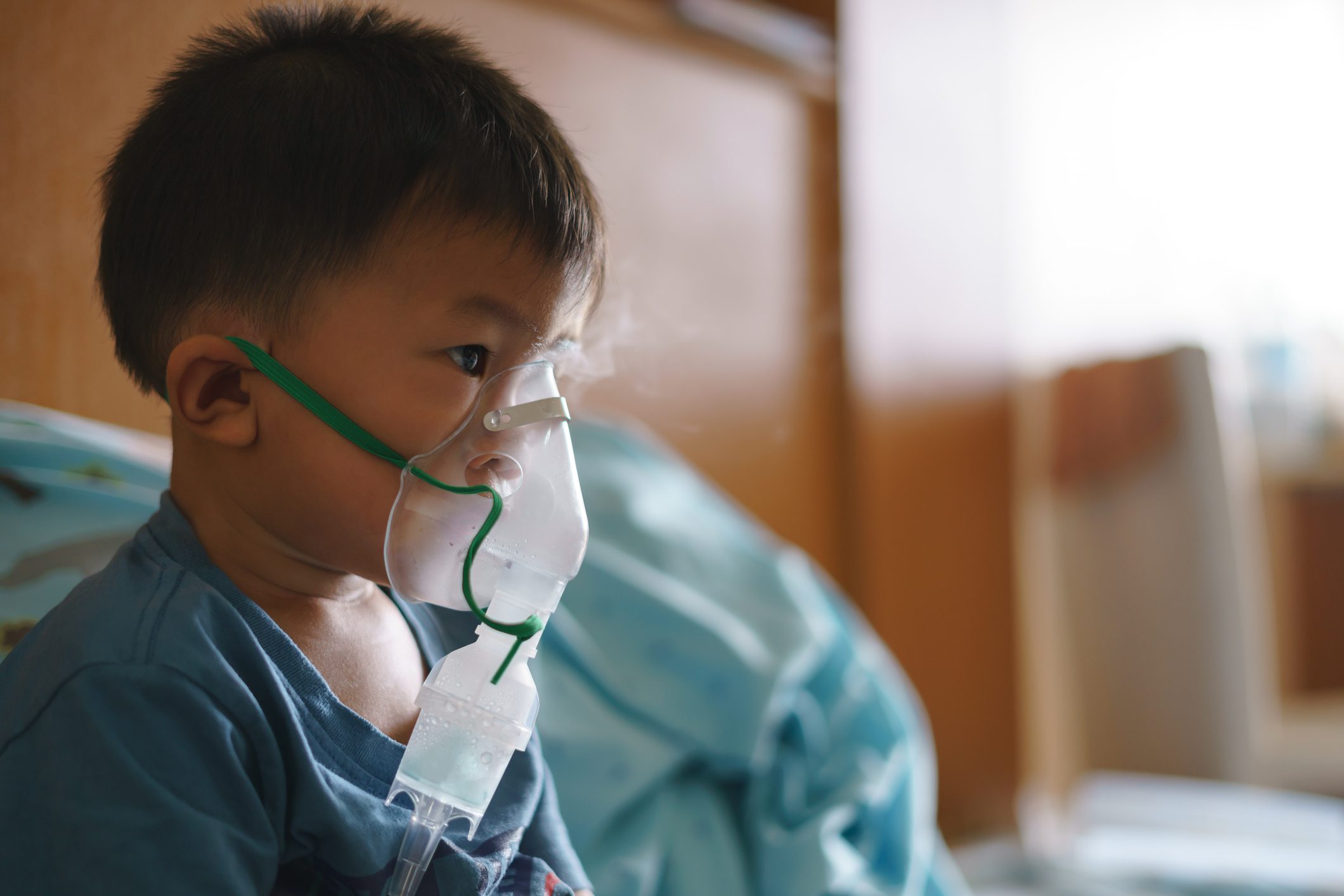Respiratory Syncytial Virus (RSV)

RSV
The prime time to consider RSV is during the late fall and winter months. This is when the virus is at its peak and is most active. Symptoms include, but are not limited to runny nose, sneezing, fever, cough or wheezing.
It’s important for younger children with respiratory issues to be seen and evaluated by a heath care provider. Children under 5 years old, especially those from 3-24 months, may be at risk for respiratory complications and may need to be monitored or given supportive care in the hospital. An office visit can help identify those children at greater risk and give you specific signs and symptoms to look for to help keep your child safe.
What Is RSV?
Respiratory syncytial virus (RSV) is a virus that causes respiratory infections such as bronchiolitis (inflammation of the small airways in the lungs) and pneumonia. This virus is highly contagious and can cause severe respiratory illness in infants, young children, and adults with weakened immune systems.

RSV
Diagnoses & Causes
How is RSV diagnosed/treated?
A healthcare provider will ask about the symptoms before performing a physical exam. A diagnosis can be made based on the symptoms and physical exam. In some cases, a healthcare provider may order a test to detect the RSV virus. A healthcare provider can diagnose RSV by taking a swab from the inside of a patient’s nose and sending it to a laboratory for testing.
There is no specific treatment for RSV infection, though, you can take the following steps to relieve symptoms…
- Over-the-counter medicines, such as ibuprofen or acetaminophen, can help manage fever and pain.
- Drink enough fluids. Dehydration is common for people with RSV infection as it increases the loss of body fluids.
- Not all over-the-counter medicines are safe for children. Talk to your healthcare provider before taking nonprescription medicines to treat RSV.
What Causes RSV?
The RSV virus is spread through contact with respiratory secretions, such as saliva, mucus, or nasal fluids, of someone who is infected. It can also be spread through contact with objects or surfaces that have been contaminated with the virus. Once a person is infected, the virus damages the cells that line the airway down into the lungs, which causes mucus production and congestion. This can cause particularly severe symptoms in infants and younger children due to their smaller lungs and airspaces. Symptoms include, but are not limited to:
- runny nose, sneezing
- fever
- cough
- wheezing
What is the prime time to consider RSV?
The prime time to consider RSV is during the late fall and winter months. This is when the virus is at its peak and is most active.

